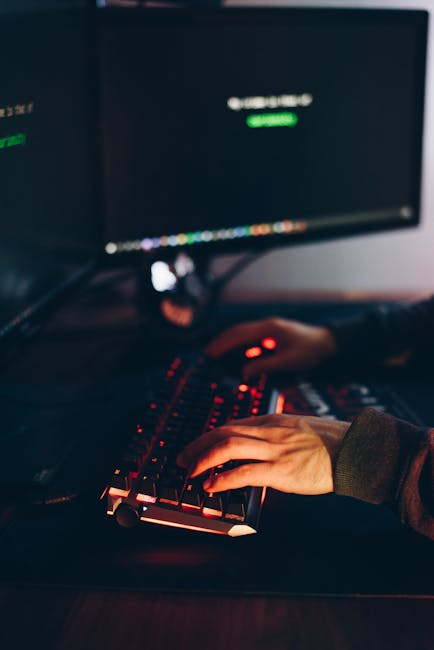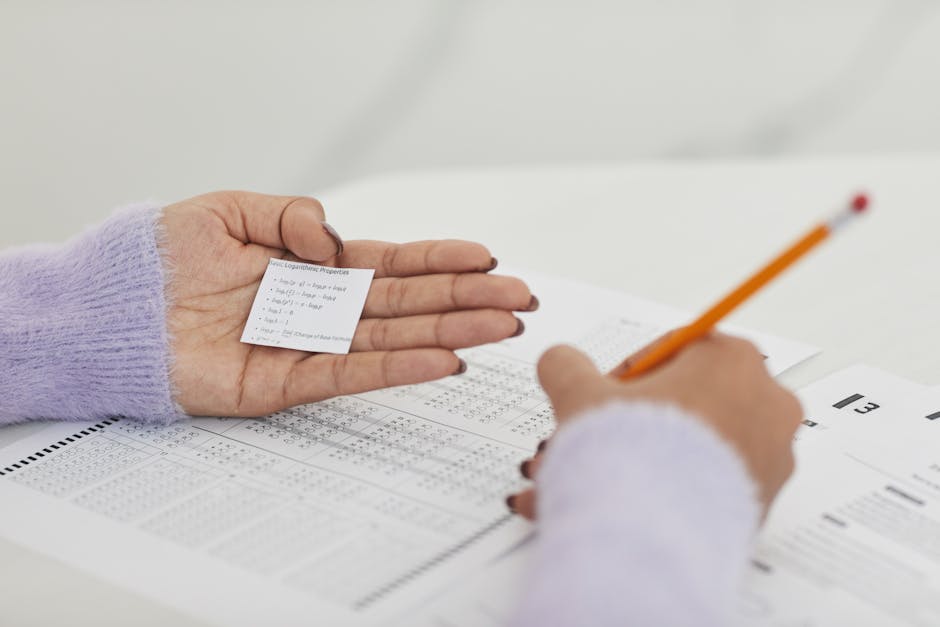Will Cheating Be Illegal in 2026? Exploring the Future of Academic and Professional Integrity
The question, “Will cheating be illegal in 2026?” is complex. While outright criminalization of cheating in its various forms is unlikely by 2026, the landscape of accountability and consequences is rapidly evolving. Technological advancements, heightened awareness of ethical breaches, and increasingly sophisticated detection methods are creating a stricter environment for those tempted to engage in dishonest behavior. This article delves into the evolving definitions of cheating, the technological advancements impacting detection, and the potential legal and societal shifts shaping the future of academic and professional integrity.
The Shifting Sands of Cheating Definitions
The term “cheating” itself is nuanced. It encompasses a wide range of actions, from blatant plagiarism and exam fraud to more subtle forms like contract cheating (paying someone else to do your work) and data fabrication in research. What constitutes cheating also varies across contexts. Academic institutions have specific codes of conduct, while professional fields have their own ethical guidelines and legal ramifications for misconduct. The line between acceptable shortcuts and outright dishonesty is often blurred, especially in the digital age.

Moreover, the ease of accessing information and collaborating online has made the definition of cheating even more fluid. Is using AI writing tools to generate essays cheating? What about collaborating excessively on assignments, blurring the lines between teamwork and individual responsibility? These gray areas make establishing clear-cut legal definitions challenging.

Technological Advancements in Cheating Detection
The digital era has dramatically altered the methods and detection of cheating. While technology can be used to facilitate cheating, it also provides powerful tools to detect it. Sophisticated plagiarism detection software like Turnitin is already commonplace in educational institutions. These programs compare submitted work against a vast database of existing content, flagging instances of plagiarism with remarkable accuracy.

Beyond plagiarism, artificial intelligence is playing an increasing role in detecting anomalies in exam results, identifying patterns indicative of collusion, and analyzing online activity to identify potential cheating rings. Proctoring software that utilizes facial recognition and screen monitoring during online exams is also becoming increasingly prevalent, providing real-time monitoring to deter and detect cheating attempts.
AI’s Double-Edged Sword
However, the use of AI in detecting cheating isn’t without its ethical considerations. Concerns around data privacy, algorithmic bias, and the potential for false positives must be carefully addressed. The development of more sophisticated AI-powered cheating tools also presents a continuous arms race between those seeking to evade detection and those trying to prevent it.
Legal Ramifications: Current and Future
While outright criminalization of cheating in 2026 is unlikely outside of specific high-stakes situations (such as major financial fraud or academic misconduct leading to significant harm), the legal consequences are already substantial. Academic institutions can impose severe penalties, including suspension or expulsion. In professional contexts, breaches of ethical conduct can lead to job loss, reputational damage, and even legal action, particularly if financial fraud is involved.
The legal landscape is likely to continue evolving, with a greater focus on establishing clearer guidelines and stricter enforcement mechanisms. This may include updated legislation addressing contract cheating services, stronger penalties for academic misconduct, and clearer legal frameworks for dealing with the ethical dilemmas posed by AI-assisted cheating.
Societal Shifts and Ethical Considerations
Beyond legal ramifications, a growing societal emphasis on ethical conduct and academic integrity is influencing the fight against cheating. Increased awareness campaigns, improved educational practices emphasizing integrity, and a greater focus on fostering a culture of honesty are all contributing to a stricter environment for cheaters.
However, the pressure to succeed in a competitive world remains a significant driver of dishonest behavior. Addressing the root causes of cheating, such as excessive pressure, lack of support, and unequal access to resources, is crucial to create a system where cheating is less appealing.
Conclusion: A Multifaceted Approach
The question of whether cheating will be illegal in 2026 misses the larger point. The fight against cheating is a multifaceted battle waged on legal, technological, and ethical fronts. While outright criminalization of all forms of cheating is unlikely, the consequences of dishonest actions are becoming increasingly severe. Technological advancements in detection, stricter institutional policies, and a growing societal emphasis on integrity are creating a less tolerant environment for those tempted to cheat. The future likely holds a combination of robust technological safeguards, stricter enforcement of existing regulations, and a broader focus on fostering a culture of ethical conduct, reducing the need for legal interventions.
- Increased use of AI in cheating detection
- Stricter penalties for academic and professional misconduct
- Greater emphasis on ethical education and integrity
- Addressing systemic issues that contribute to cheating
- Development of clearer legal frameworks for emerging forms of cheating

